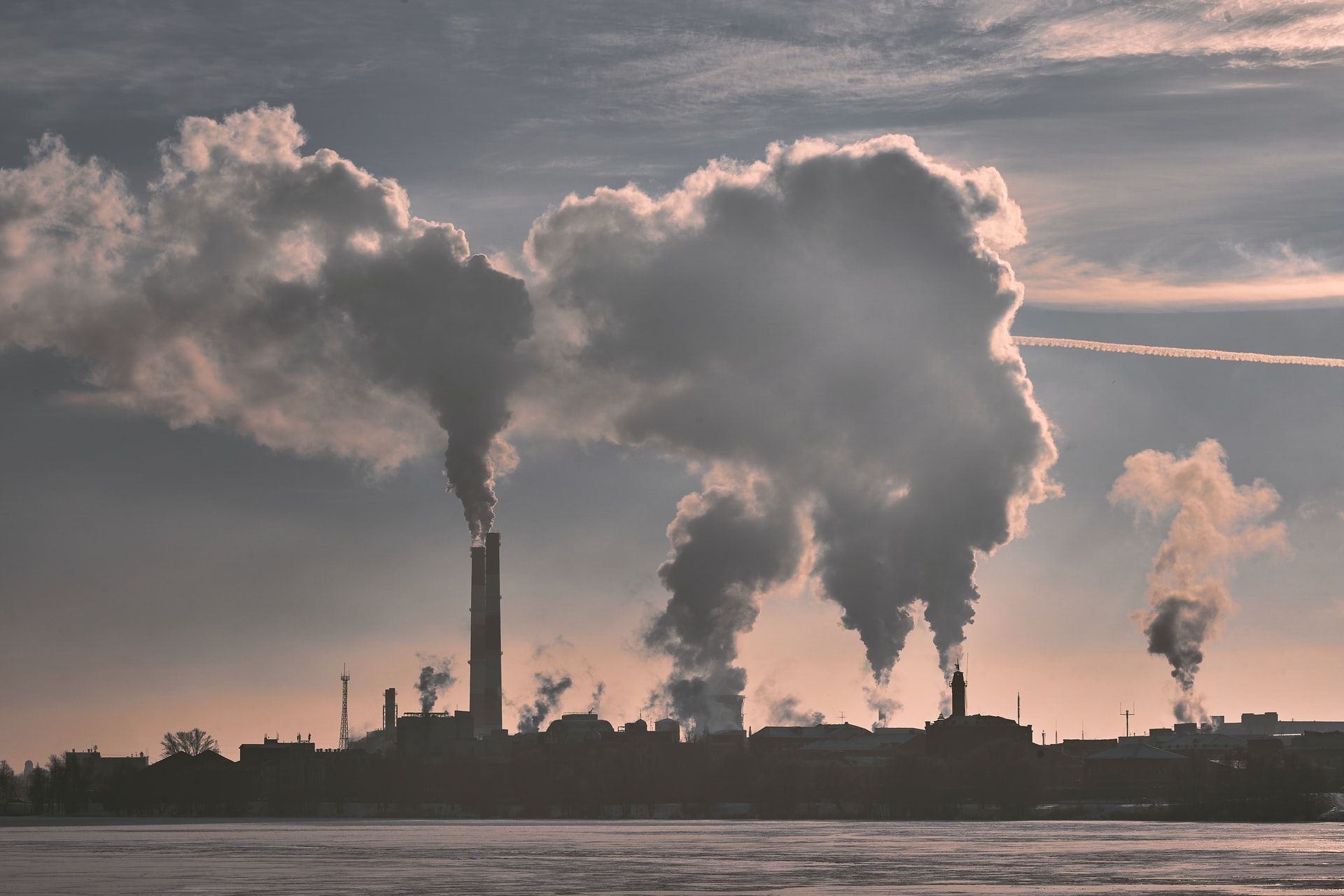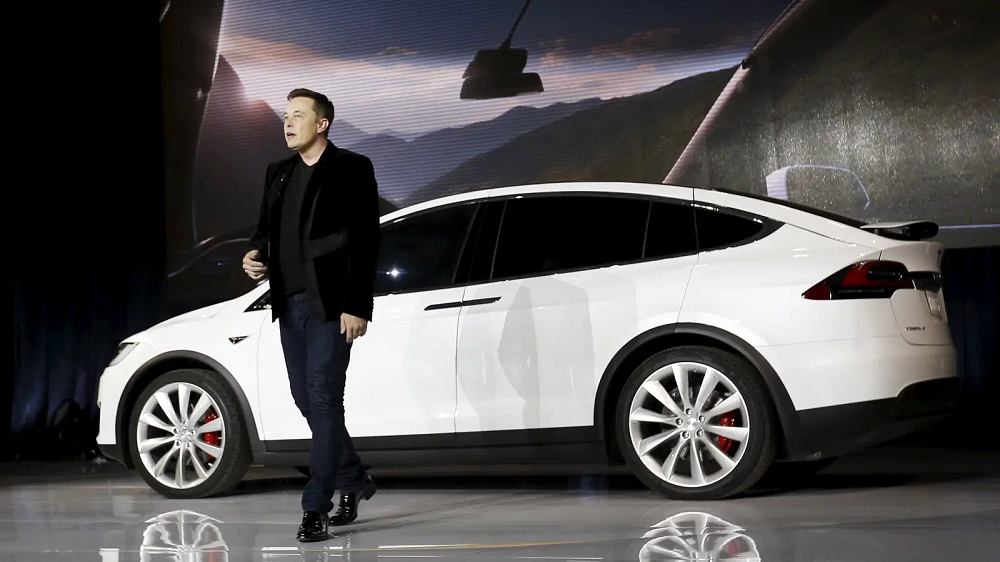Today there are 416.4 parts of CO2 per million molecules of the earth’s atmosphere. Way too high! Mankind’s annual emission of greenhouse gasses, including CO2, is 52,000 metric tons per year. And in December of 2020, the average global temperature had increased by .78 degrees Celsius versus that of the 1900s.
Faced with these facts, climate scientists working for the United Nations announced that we must shift our focus from simply reducing CO2 emissions to actively removing CO2 and other greenhouse gasses from the atmosphere. This was the real takeaway from the report released just a few days ago by the United Nations Intergovernmental Panel on Climate Change (IPCC). Of course, they did not actually say we should give up on reducing CO2 emissions. But, they did say that in order to stay below absolutely catastrophic levels of global warming, we will need to actively extract from the atmosphere much of the CO2 and other greenhouse gasses we have already released! The process is referred to as negative emissions. And, it is far easier said than done, especially in the quantities that are required.
The Intergovernmental panel wrote about negative emissions in a report in 2018. But the latest report has shifted negative emissions from a nice-to-do activity to a must-do priority. And, they suggest we do it quickly.

Today, most negative emissions solutions focus on capturing CO2 and storing it at its source, the large industrial smokestacks. There, carbon in high concentrations can be captured and stored underground. But the process is still essentially emission reduction, not actual negative emissions, because the carbon has not really made its way into the atmosphere.
The next steps will require the actual extraction of CO2 and other greenhouse gases directly out of the air. The report estimates that to maintain a “livable planet,” we will have to remove between 100 billion and a trillion tons of carbon by the end of this century. These numbers are beginning to sound like a Federal Budget!
There are a number of technologies to do active capture directly from the atmosphere. At this time, most have not been used on an industrial scale. It is estimated that we can take out about 5,000 tons of carbon a year through direct capture, according to Julio Friedmann, a Senior Research Scholar at Columbia University’s Center on Global Energy Policy. Most of the technologies to do direct capture are still being developed and refined, with the exception of one - planting vast numbers of trees, which we know works quite well at capturing CO2 from the air.

Before you throw your hands up in despair, you should recognize that everyone does not agree with the findings of the IPCC. Some environmental groups are even carbon capture non-believers! I think we can all give examples of our poor ability to forecast the future accurately.
But climate change concerns have managed to find their way into the bipartisan Infrastructure Bill that the Senate passed this week. The bill set aside $9 billion for carbon capture. The plan consists of four regional direct air carbon capture hubs and a transportation system, including a pipeline to transport and store the captured CO2. It is quite an expensive process at present.
As a true Capitalist by nature, I think it might be a great idea to shift the creative aspects of developing carbon capture technology and storage to businesses from the government.
We have identified a problem, and plenty of people would be willing to put their creativity into solving it if they could make some money in the process. The government could recognize companies who successfully captured and stored (or converted?) CO2 by giving them Carbon Credits for the tons they captured. Those companies could, in turn, sell to other companies whose products or processes were still emitting carbon into the atmosphere. A system something like this currently exists for positive emissions but not for negative emissions.

I am sure that Elon Musk and people like him would love the challenge and opportunity. And, it might even help make the world a truly better place!
ICYMI


IBD: Survey Reveals Which Tech Companies Consumers Trust The Most
IBD: Social Media Companies Flop In Trust Survey










